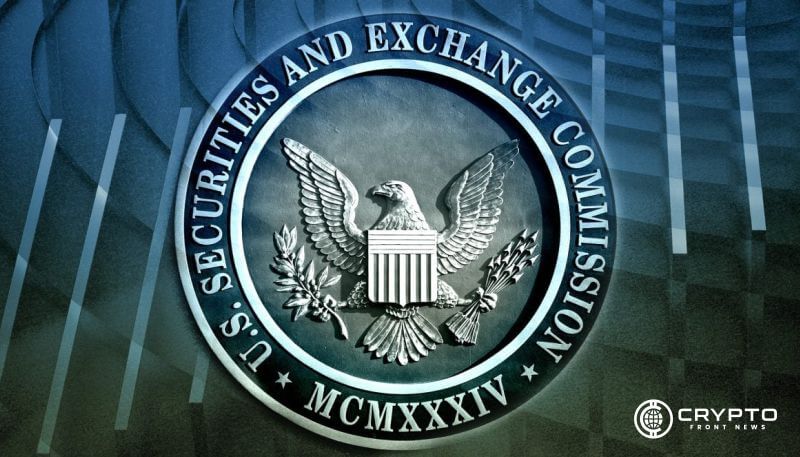- The SEC asserts Richard Heart deliberately marketed and sold unregistered securities within the U.S., countering his dismissal claims.
- Heart’s legal team argues he cannot be held accountable by U.S. courts, citing his residence abroad and the targeting of non-U.S. investors.
- The SEC maintains Heart’s promotion and marketing efforts were aimed at U.S. investors, highlighting his ongoing legal challenges.
The United States Securities and Exchange Commission (SEC) has strongly opposed Richard Heart’s motion to dismiss a lawsuit that accuses him of raising over $1 billion through unregistered securities sales. Heart, the founder of the cryptocurrency project Hex, argued that the U.S. courts lack jurisdiction because he resides outside the United States and allegedly did not target American investors. However, the SEC contends that Heart’s actions were purposefully aimed at the U.S. market.
In a recent court filing, the SEC countered Heart’s jurisdictional defense. The agency asserts that Heart’s actions, including creating a market for Hex tokens within the U.S., establish sufficient grounds for the court’s authority. The SEC emphasized that Heart actively promoted Hex within the United States, making offers of securities to American investors.
Hex’s Marketing History
Hex, launched in 2018, has been under scrutiny since its inception. The cryptocurrency project was promoted with promises of significant returns, particularly for early investors and those who staked their tokens for longer periods. This structure led to allegations that Hex operated as a pyramid scheme. Despite Heart’s claims that Hex was not directed at U.S. citizens, evidence such as an advertisement in the U.S. edition of The Economist suggests otherwise.
SEC’s Allegations of Misappropriation
The SEC’s lawsuit also accuses Heart and his associated entities of misappropriating millions of dollars from investors. The complaint details luxury purchases made with the raised funds, including expensive watches, cars, and a large black diamond. The SEC argues that Heart failed to ensure that the securities offerings complied with U.S. regulations or were restricted from being sold to American investors.
Upcoming Court Proceedings
Heart’s legal team has characterized the SEC’s actions as part of a broader effort to target individuals involved in blockchain technology. They argue that the charges are an overreach by the regulatory agency. The case is set to proceed with oral arguments in court on October 24, where both parties will further present their positions.





